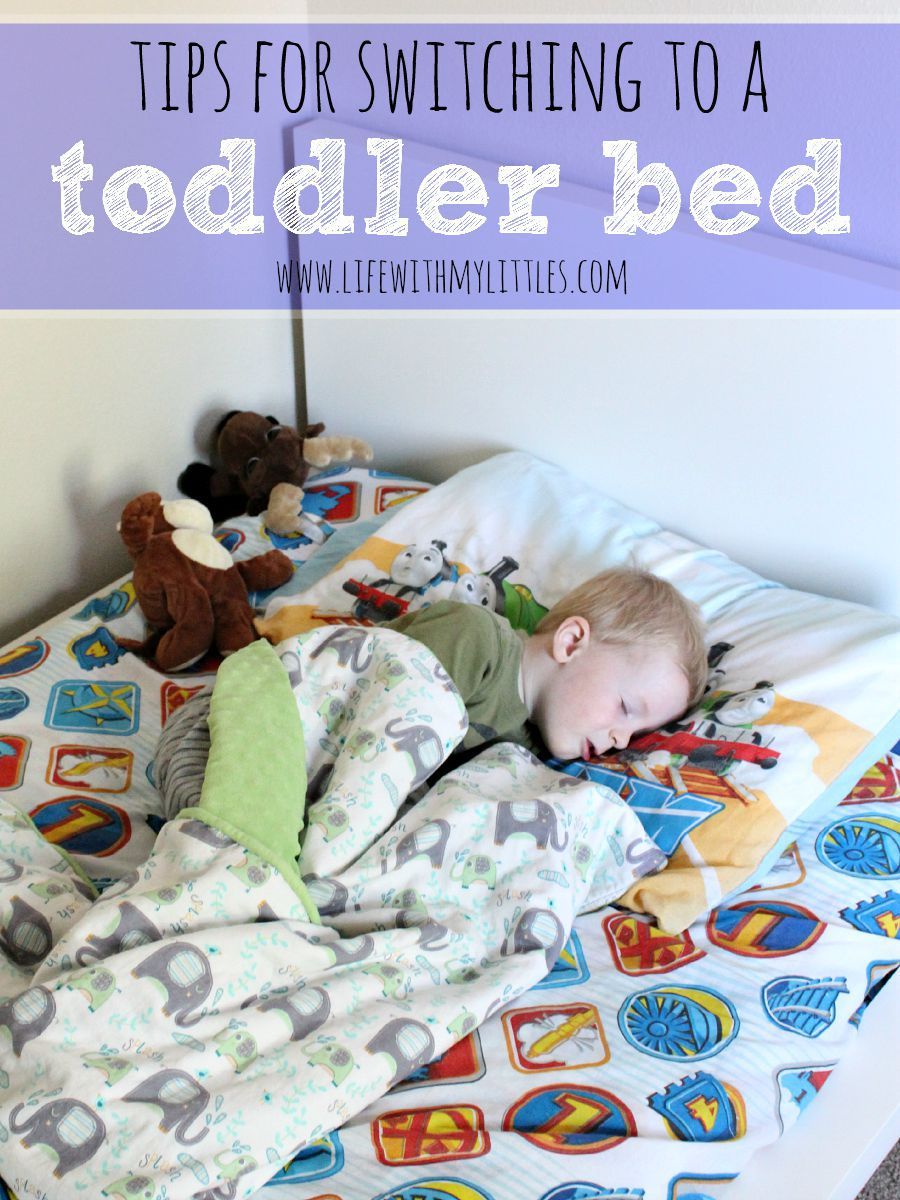Ptsd Sleeping On The Floor

Conditions like anemia type 2 diabetes and hypothyroidism can make you feel.
Ptsd sleeping on the floor. Some people with sleep problems and anxiety have posttraumatic stress disorder or ptsd. In fact difficulty falling and or staying asleep is considered one of the hyperarousal symptoms of ptsd and studies have found that sleep problems are one of the most commonly reported symptoms reported by people with ptsd. This is even more likely though if you have ptsd. Not surprisingly ptsd sufferers often wake from sleep with the covers torn off or may even find themselves on the floor.
Adrenaline is a hormone that is produced when we are under stress and researchers now believe that reliving traumatic experiences can keep adrenaline levels permanently elevated. Effective treatments have been developed and the public is much more aware of the effect that mental afflictions have on their fellow human beings. It is very common for people with a diagnosis of ptsd to experience some type of problem sleeping. Psychiatrically would it be expected that a person having ptsd would find similar results sleeping under a weighted blanket as they do when they sleep on the floor.
Since the national mental health act of 1946 outlook on mental health is viewed in a much more positive light. Trouble sleeping and nightmares are two symptoms of ptsd. There is also a lot of consensus on how weighted blankets seem to help alleviate these symptoms providing that sense of security. Ptsd sufferers often have high levels of adrenaline which can cause tension irritability and trouble sleeping many of the primary symptoms of the disorder.
People who are prone to feeling cold. Sleeping on the floor may increase the risk of fractures or feeling too cold. These substances can not only impact the healing process they can also exacerbate sleep problems.



















